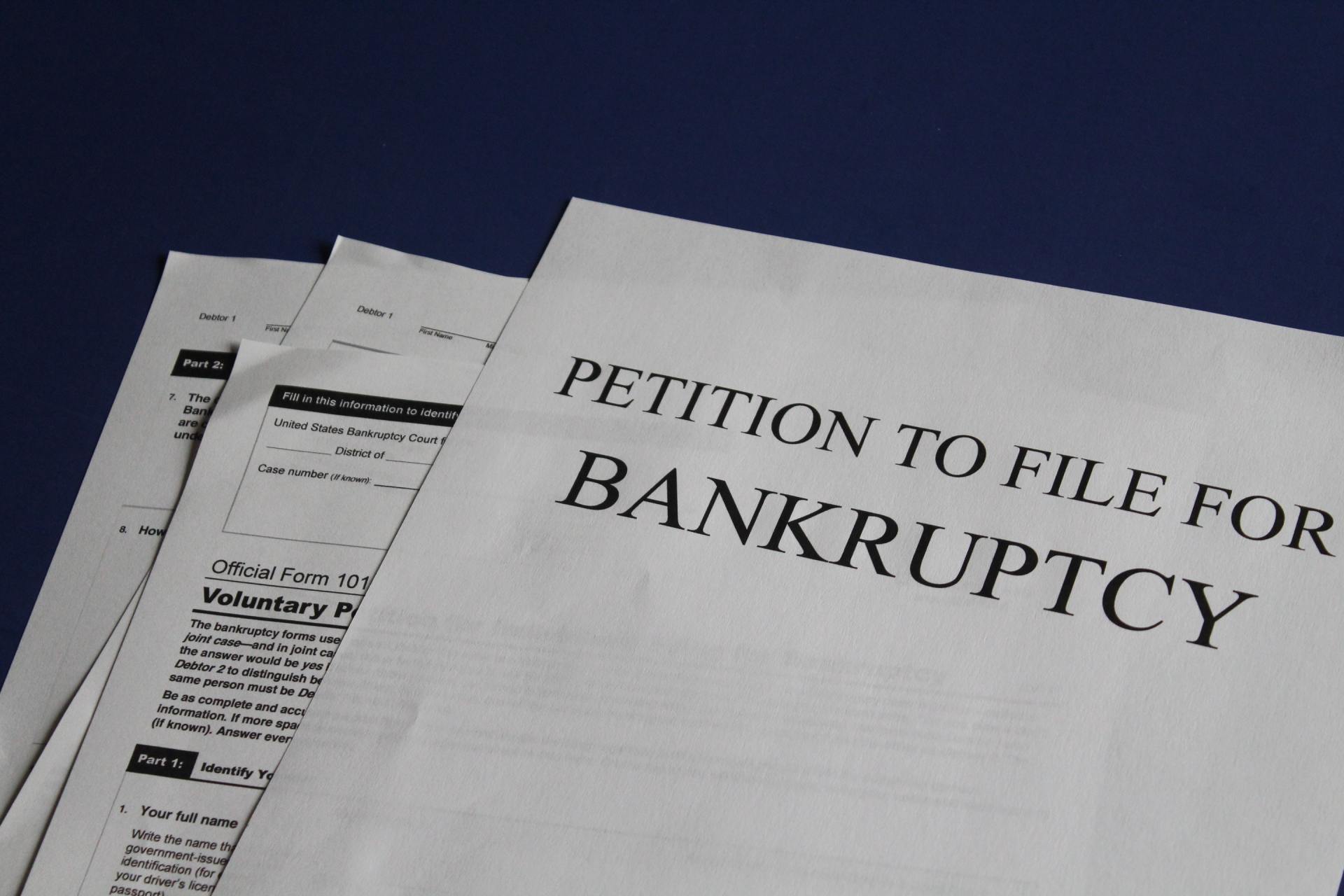Colorado Bankruptcy Exemptions
September 23, 2019
What property may you keep through bankruptcy

This article is only intended for people who may claim the Colorado exemptions. In the near future I will be writing a post explaining how you determine which state's exemptions you may use. In addition this article does not intend to list all exemptions, please see the statute for that (C.R.S. § 13-54-102 (2014) and C.R.S. § 38-41-201 (2014)).
When people think bankruptcy, they usually immediately think the bankruptcy court is going to take and sell all their stuff. While the most basic way of explaining chapter 7 bankruptcy is that the bankruptcy court sells your assets and in exchange of you putting yourself through that process you get a discharge of your debts, it is a bit more complex than that. The bankruptcy court does not get to sell all your belonging, rather, it is limited only to those assets which are non-exempt. Exempt assets are those assets to which there is a statute that allows you to keep that asset, whereas, non-exempt assets are assets to which there is no statute allowing you to keep the asset. More bluntly, exempt = keep and non-exempt = no right to keep.
A Colorado bankruptcy attorney will assist you with identifying which property you get to keep through the process and which property you may have to give up. In the upcoming text if I state an exemption is “per person” then you may double it if the bankruptcy case would be filed by a married couple, otherwise, the amount is the total you get regardless of whether the case is joint or individual.
Items in your house and your house
To begin with, your household goods are protected up to an amount of $3,000 per person. Your clothing and wearing apparel up to an amount of $1,500 per person. And your library and family pictures up to $1,500 per person.
Your jewelry, including a wedding ring, up to $2,000 per person.
Your house is protected up to $60,000. If you are disabled or elderly (defined by statute as 60 years or older) then your home is protected up to $90,000. Keep in mind this is the equity of the house. So if the home is worth $200,000 and your mortgage balance is $170,000, your equity is $30,000 and therefore protected under the Colorado exemption statutes.
Professionally prescribed health aids are fully exempted.
Your car and business equipment
One or more motor vehicles or bicycles up to $5,000 per person. However, if you are disabled or elderly (defined by statute as 60 years or older) then $10,000 per person.
Tools of the trade, or supplies, equipment, tools, and business materials used to carry on any gainful occupation up to $20,000 per person.
Provisions and fuel on hand for use up to $600 per person.
Tax refunds
The bankruptcy court may take tax refunds due to you unless the refunds is attributable to the Earned Income Credit or the Additional Child Credit. The Child Credit is different than the Additional Child Credit! You get no credit for the Child Credit in the bankruptcy.
Retirement accounts, financial accounts, and other income
Retirement accounts are fully exempted, however, federal law may cap the amount when you have more than approximately 1.2 million in the account.
Any court-ordered domestic support obligation or payment is exempt.
Social security benefits are fully exempt.
Your wages are 75% exempt. This means that the bankruptcy court may take 25% of wages owed to you as of the date your bankruptcy is filed.
Term life insurance policies are protected. The cash value of whole life insurance policies are exempted up to $100,000 with one big exception. The increase of the cash value in the prior four years is not exempt. Meaning the bankruptcy court is going to determine how much the policy increased in value in the four years prior to the bankruptcy filing and that amount may be demanded to be turned over.
Personal injury proceeds are exempt. However, if a portion of your recovery is due to lost wages, the bankruptcy may take 25% of that portion of the proceeds. Also, if you are bankrupting on the creditors who treated you in the harm related to the personal injury action, the amount they are owed may be taken by the bankruptcy court.
Non-social security disability benefits are exempt up to $3,000/month. Any amount in excess of $3,000/month is subject to a 25% turnover to the bankruptcy court.
Denver Bankruptcy Law Office Nathaniel Thompson

If you are planning to file for chapter 7 bankruptcy, you will want to know what happens to various property in such a filing. And if you live in the Denver area, we highly advice you consult a Denver bankruptcy attorney, especially if you wish to retain or sell property through your bankruptcy filing.

A primary goal of a lot of clients is to rebuild their credit. A good Colorado bankruptcy attorney can assist you with this process. Often the first step to rebuilding something is to first demolish what is already there. A bankruptcy will accomplish that task and then it must serve as the foundation on which to rebuild your credit. So, how do you go about rebuilding your credit into something strong?

Exemptions in bankruptcy are the statutes determining which property you are permitted to keep and which property is to benefit the creditors. Because property rights are generally an issue the federal government reserves to the states, Congress decided that the bankruptcy code should permit each state to determine the exemptions to be used by residents of the respective state. If you live in the Denver Colorado area, we highly advice you consult a Denver bankruptcy attorney before filing.






